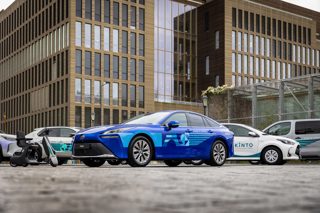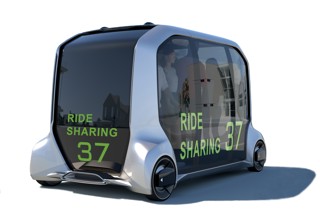Case study: Sainsbury’s
Sainsbury’s has recognised that its usual methods of supplying stores and delivering to customers during the Games may not be possible.
Since late 2010, the retailer has been preparing by gathering information about transport arrangements.
In June 2011, engagement began across the organisation and with key partners, while it identified its greatest challenge will be maintaining punctual deliveries to stores and home-shopping customers.
The end-to-end supply chain is vital to Sainsbury’s and early engagement with key suppliers has been essential for its own planning.
It is also reviewing its logistics operations, including the impact of delivery curfews.
Meetings with local authorities are ongoing on curfews and out-of-hours deliveries, using experience gained during the G20 summit in London.
The strategy to maintain both deliveries to stores and the home delivery service is currently being developed following the release of postcode data by Transport for London (TfL).
Its facilities management team is also taking an innovative approach to ensure customers enjoy the same level of service as they do now.
The team is evaluating two initiatives with Arcus Solutions for ‘first response mopeds’ and ‘engineering implants’.
The first response mopeds initiative will involve mechanical, electrical and refrigeration engineers on mopeds and motorbikes responding to key asset maintenance issues.
The aim is for the engineers to be on site quickly, stabilise the situation and update the store and helpdesk as required.
There are potentially many business benefits of this initiative including efficiency, lower carbon emissions and the ability to maximise store sales.
This initiative is being considered for all Sainsbury’s stores within the M25 and could become part of the regular approach for these stores, if successful.
For larger stores, Sainsbury’s is assessing a plan to embed engineers in-store so they can rapidly solve many straightforward maintenance issues.
The ‘store engineering implants’ initiative will see technicians allocated a store for the busiest 100 days in the lead up to, and during, the Games.
These in-store engineers will use stockpiled spare parts to solve refrigeration, access, plumbing, drainage or cooling issues. So instead of working out of a van, they will work out of the store.























Login to comment
Comments
No comments have been made yet.